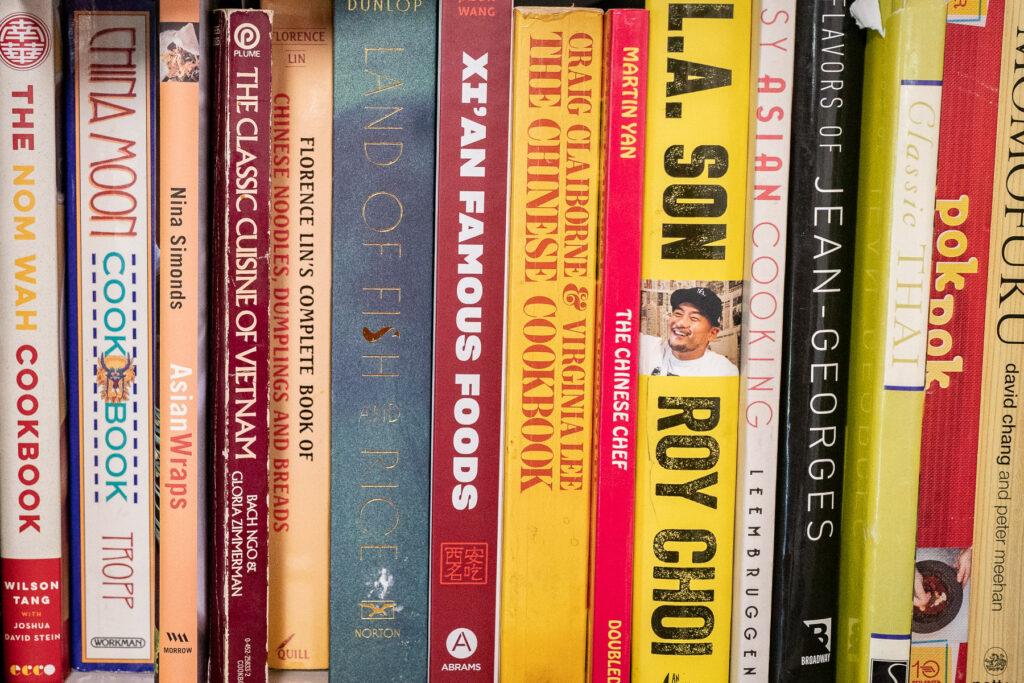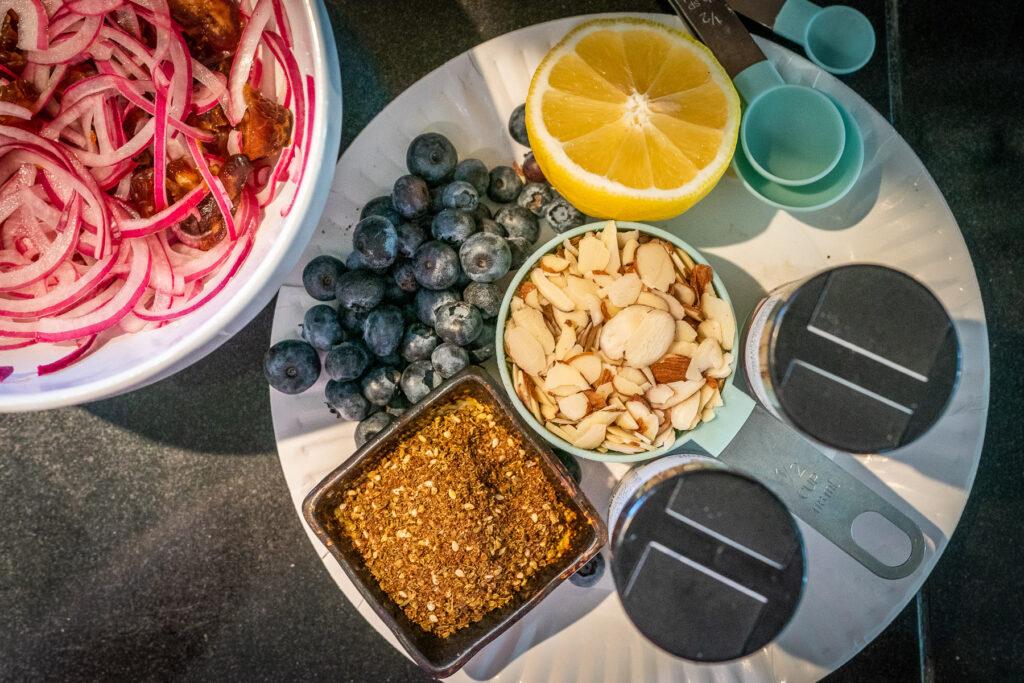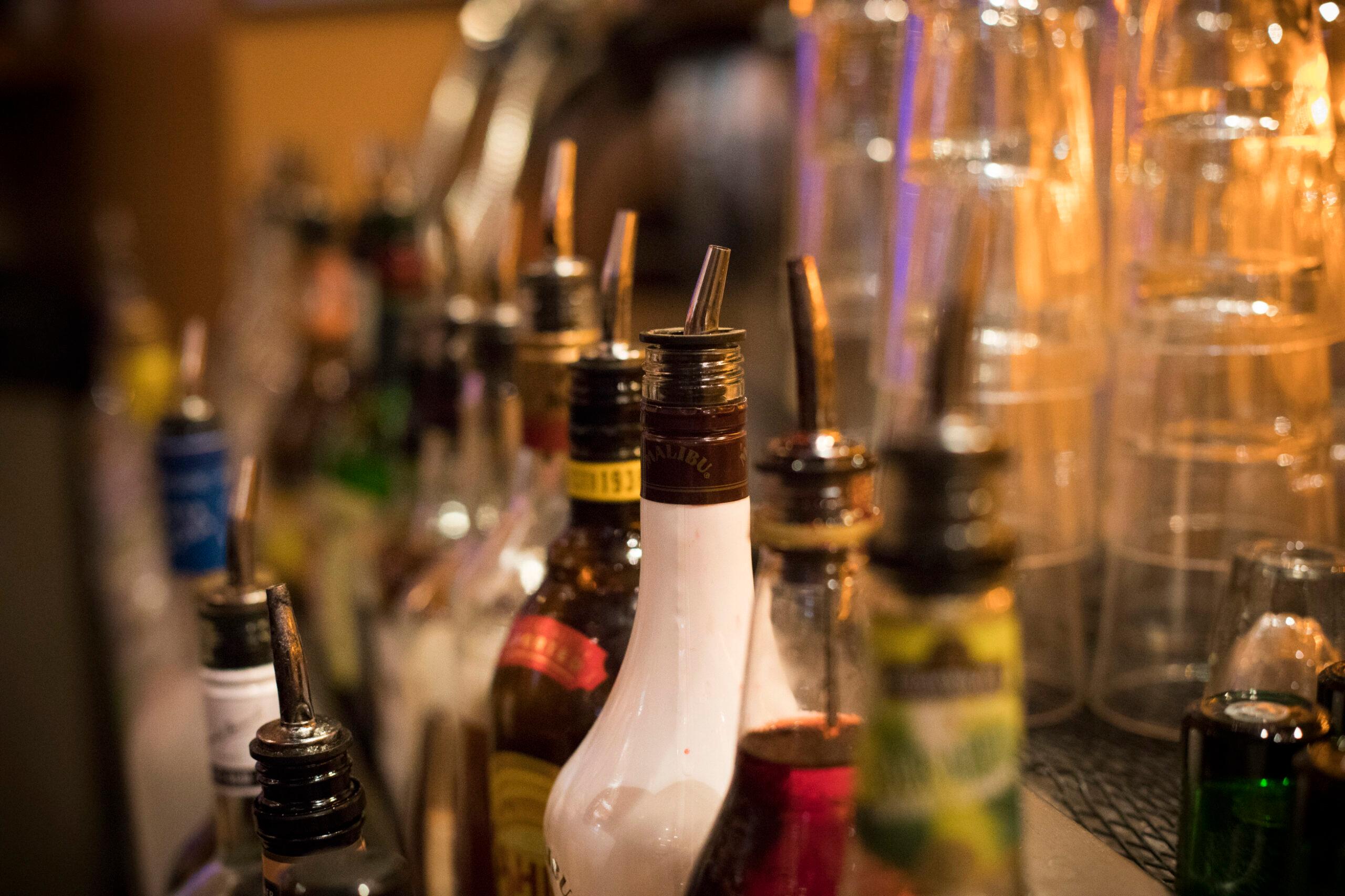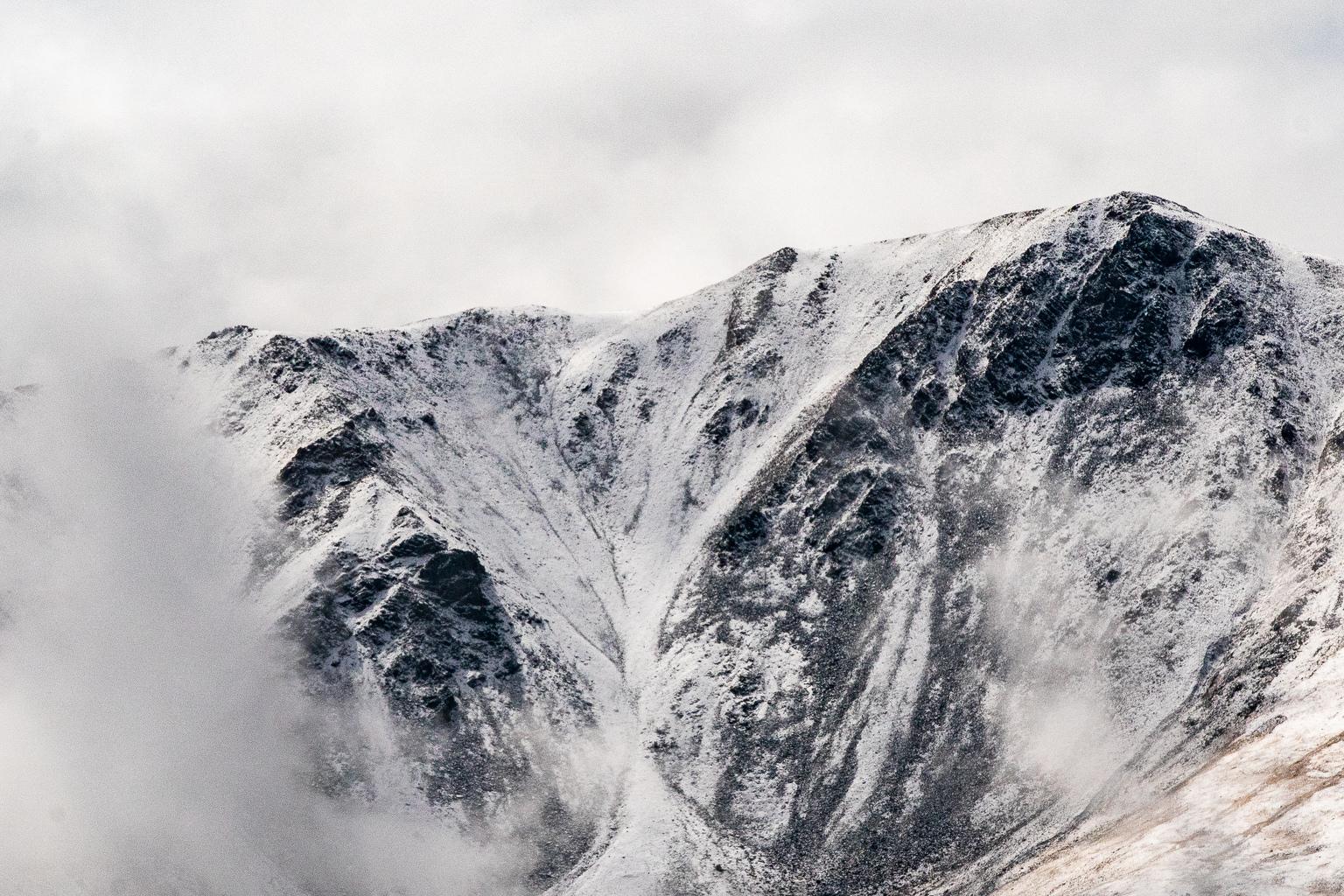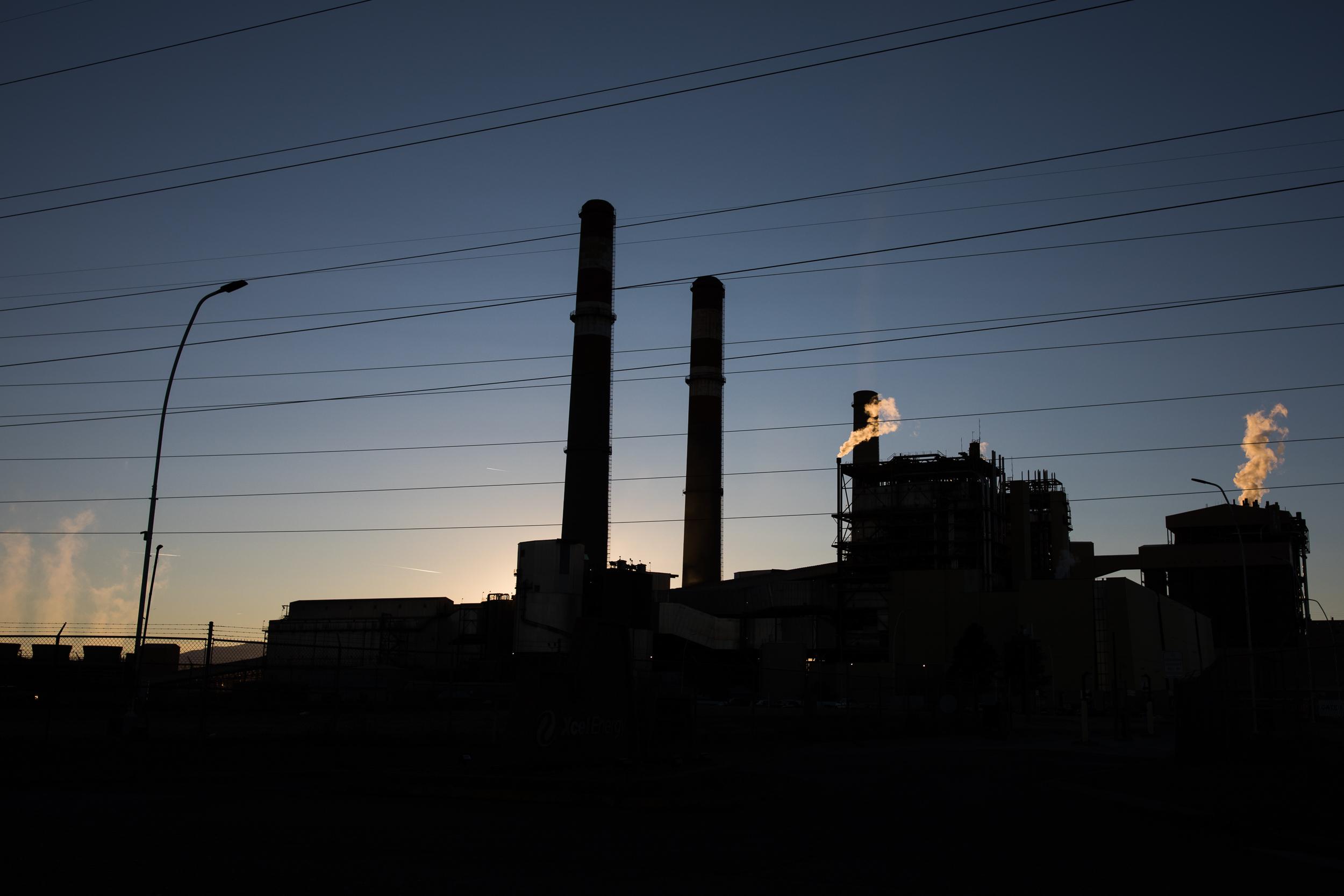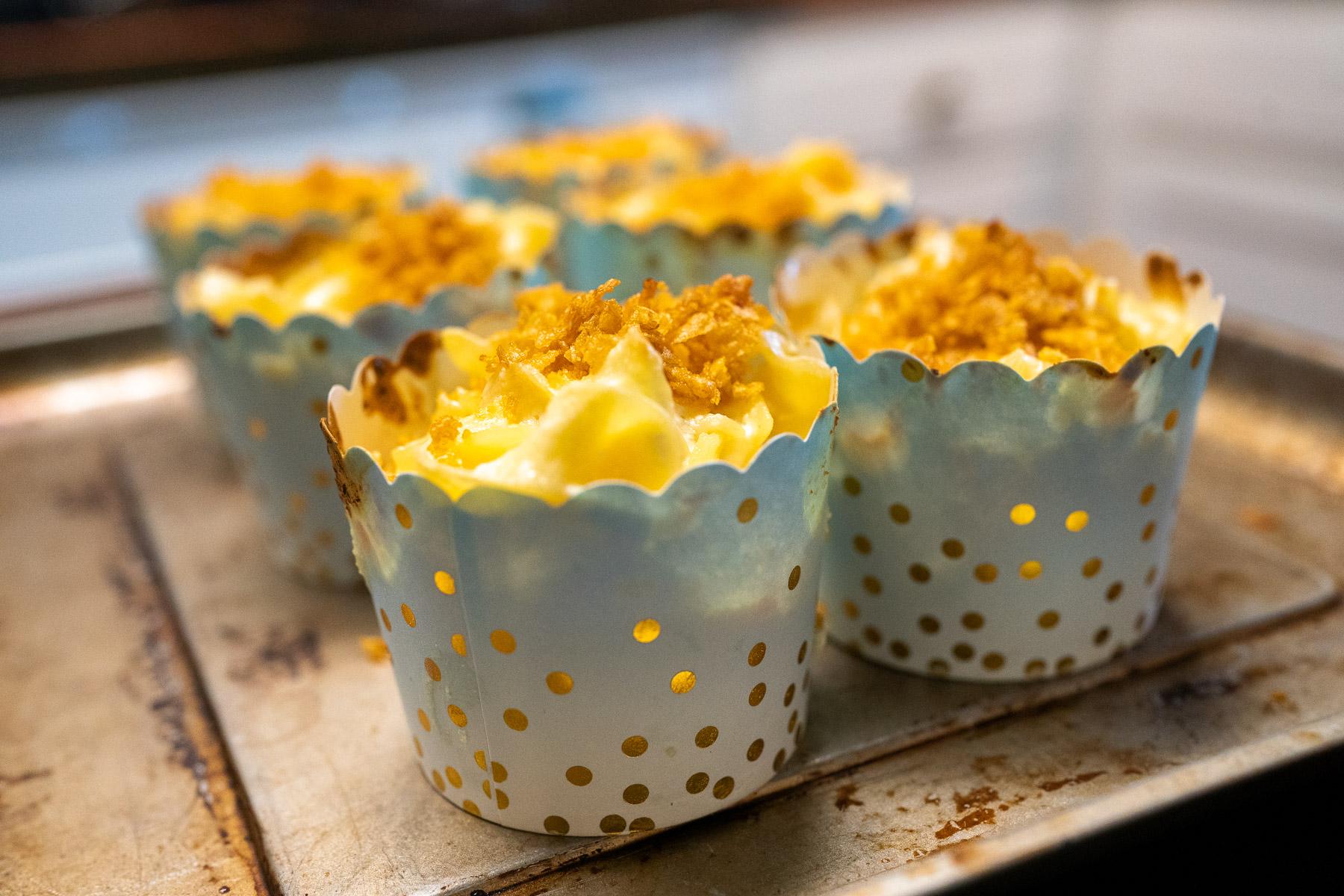
There are times, Abbe Odenwalder says, when someone will chide her for making Jamaican patties, or whipping up a Mediterranean rice pilaf with currants and pomegranate seeds, or perhaps a simple Vietnamese grilled chicken.
“I always resent it when someone tells me, ‘Oh, you can't cook that dish because you're not Vietnamese,’” Odenwalder says. “You know what? I really find that sad.”
For Odenwalder, the USA’s kitchen doesn’t only include skillets and a crock pot – there’s room for a wok. Or a kadai pan. Or a Rakwah Qahwah.
“When you think of the United States, when you think of America, you think of all of this coming to this great country,” says Odenwalder, a first-generation Lithuanian-American, whose family’s Jewish roots include an escape from the Holocaust. “And we all blend together. Our food blends together. So what actually is the Great American recipe? I think we're all the Great American recipe.”
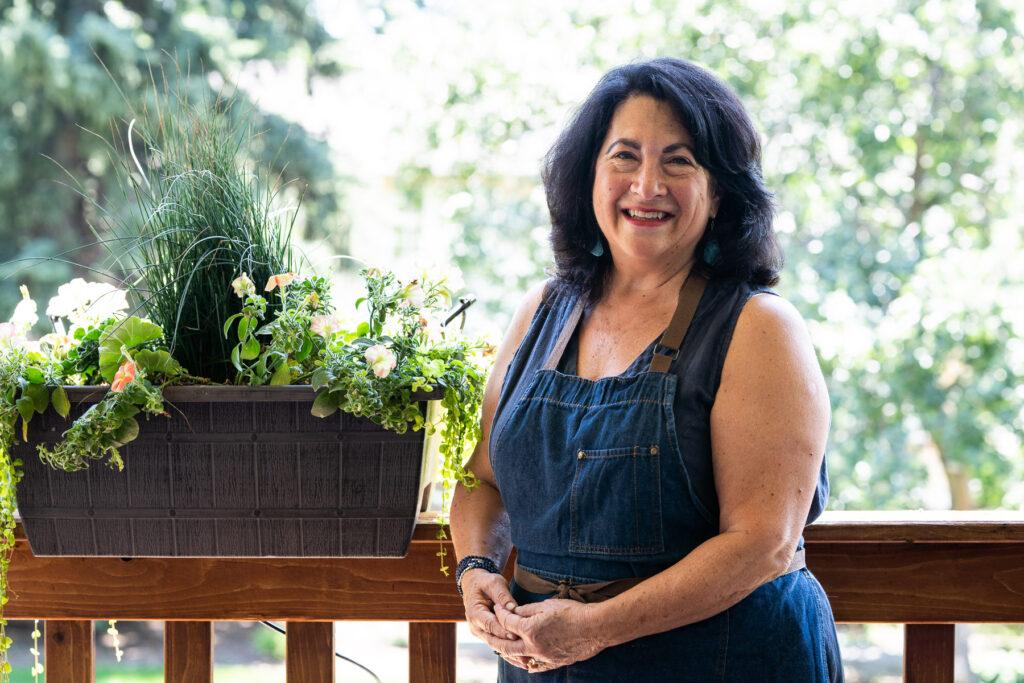
That spirit has served Odenwalder well; when it’s time to feature a regional or global dish, the journey is often informed by the more than 500 cookbooks scattered about her home in Centennial. She’s also the author of a blog, “This is How I Cook,” which indeed features recipes from around the world.
And this summer, Odenwalder has been on a quest to literally determine “The Great American Recipe” – over the last eight weeks competing against eight other home cooks on a PBS show designed to celebrate multiculturalism.
The contestants began the series by making dishes that defined who they are showcasing their geographical region (Odenwalder made matzo ball soup and Rocky Mountain trout with stuffed poblano peppers).
Throughout the season, the cooks were given similar tasks – making a dish inspired by a close friend, a recipe that changed their lives, or one that was handed down for generations.
In the series finale, which airs Aug. 7, the final three cooks have to prepare an entire meal for the four judges; the winner of that competition will have one of their recipes placed on the cover of The Great American Recipe Cookbook. With filming completed months ago, Odenwalder actually has a copy of it stashed away somewhere in her home, but during a recent visit, it was clear that the tome was off limits to prying eyes.
“I’m not sharing,” Odenwalder said with a chuckle.
Throughout the series, it was difficult to determine whether the judges were more impressed by Odenwalder’s dishes or enchanted with her personality, both of which were on equal display each week. One of the highlights came when she prepared what she calls her signature dish – noodle kugel. Odenwalder calls the dish “Jewish mac and cheese."
And while comfort food is seemingly always welcome, in her blog she calls it, “polarizing … You love it or hate it and there are so many ways to make it.”
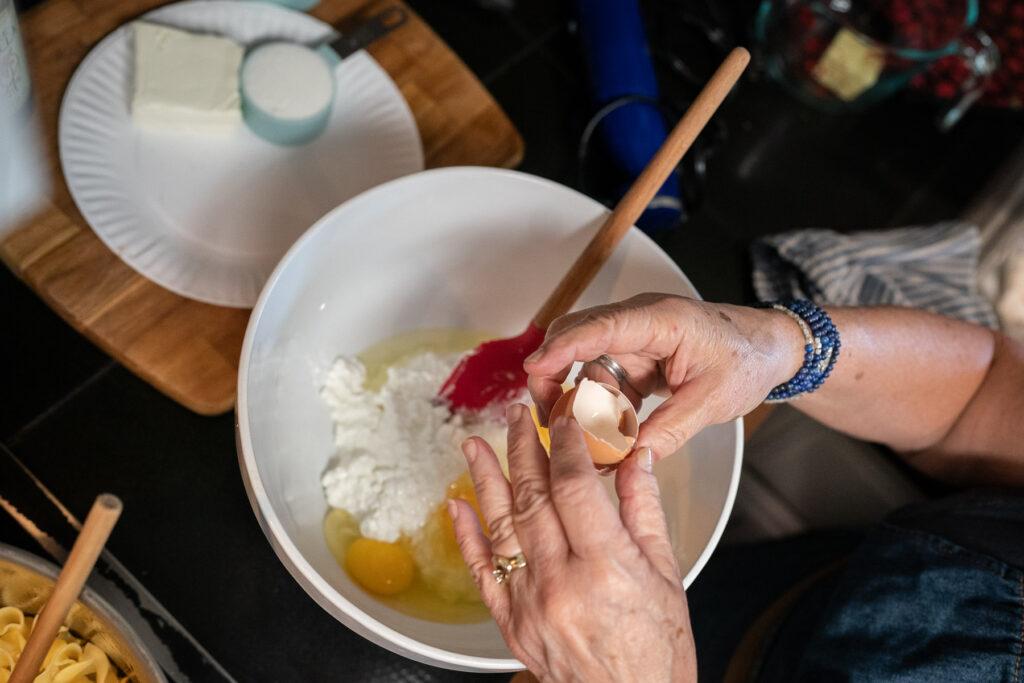
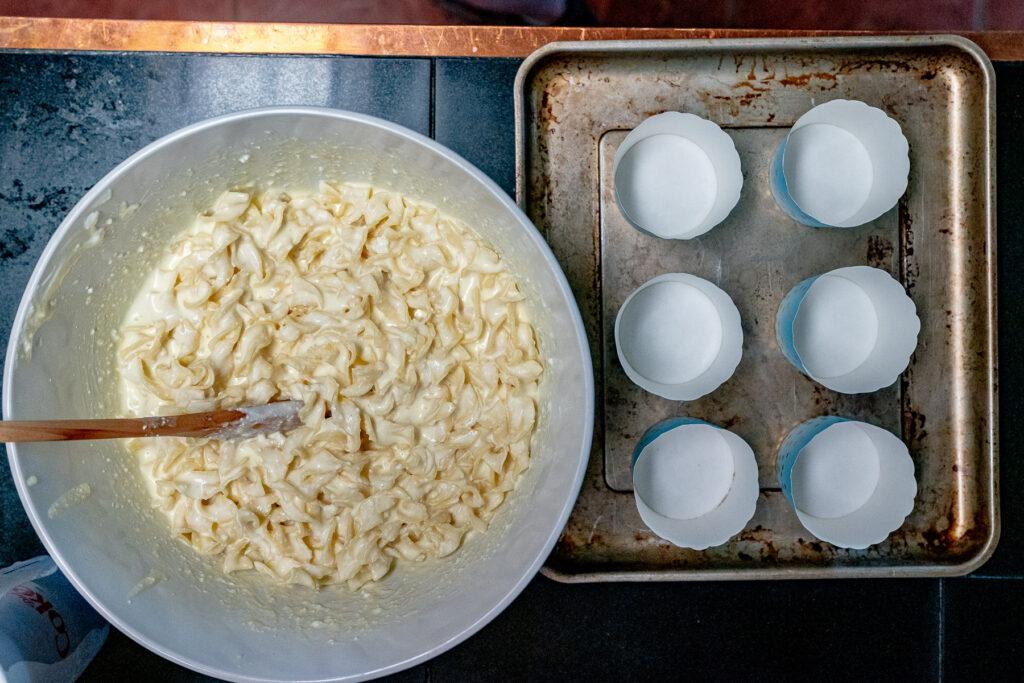
In this case, the kugel was a hit – not only with the judges on “The Great American Recipe,” but also with Colorado Matters Senior Host Ryan Warner, who told Odenwalder that he indeed wasn’t a fan as a child.
Neither was Odenwalder.
“I didn’t like it as a kid; my kids didn’t like it either,” she says. “After many years of not liking my mother's noodle kugel, I decided it was time to create my own – now they like it; when my daughter makes a traditional meal, she’ll call me for the recipe.”
For Odenwalder, that’s the raison d'etre for cooking. At a time when Thanksgiving dinner can be more akin to navigating an array of landmines on a battlefield, Odenwalder still believes in the idea of food as a means to healing and togetherness.
Her favorite part of The Great American Recipe wasn’t the cooking as much as the friendships she forged with the other contestants – with filming completed, the group formed watch parties to view the series together, often serving dishes that incorporate flavors from their regions.
“It’s sad; you know, families are families. They should be able to talk about everything,” Odenwalder says. “I can tell you I have a family like that – I'm on opposite ends of my brother, but we still can talk about it without fighting. If people can't talk, how can they ever figure out how to solve the world's problems? It can't just be 50 percent here, and 50 percent there … somehow we have to blend together.
“I think it's that way with food. I think it's that way with people. We all have to learn to like each other and respect each other.”
